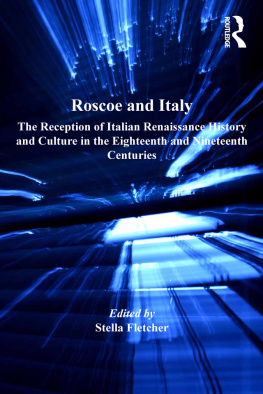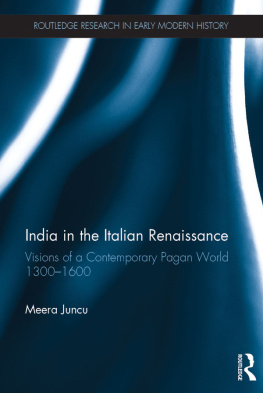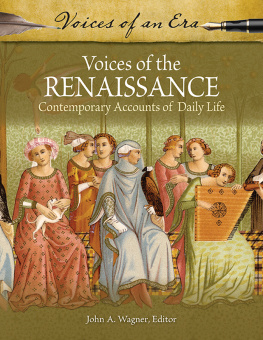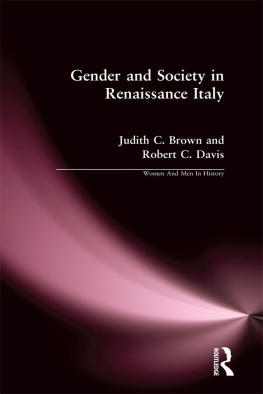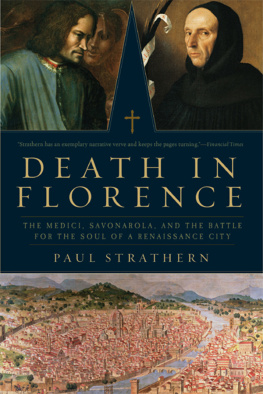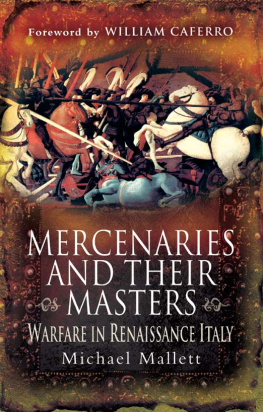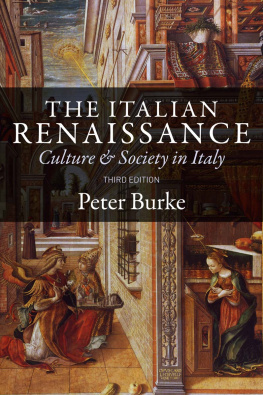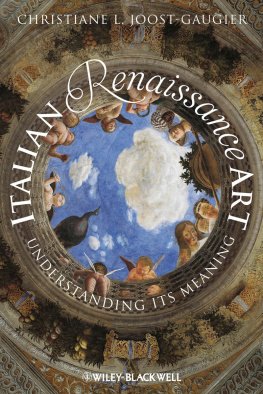Dr Stella Fletcher - Roscoe and Italy: The Reception of Italian Renaissance History and Culture in the Eighteenth and Nineteenth Centuries
Here you can read online Dr Stella Fletcher - Roscoe and Italy: The Reception of Italian Renaissance History and Culture in the Eighteenth and Nineteenth Centuries full text of the book (entire story) in english for free. Download pdf and epub, get meaning, cover and reviews about this ebook. year: 2012, publisher: Ashgate Publishing, Ltd., genre: Non-fiction. Description of the work, (preface) as well as reviews are available. Best literature library LitArk.com created for fans of good reading and offers a wide selection of genres:
Romance novel
Science fiction
Adventure
Detective
Science
History
Home and family
Prose
Art
Politics
Computer
Non-fiction
Religion
Business
Children
Humor
Choose a favorite category and find really read worthwhile books. Enjoy immersion in the world of imagination, feel the emotions of the characters or learn something new for yourself, make an fascinating discovery.
- Book:Roscoe and Italy: The Reception of Italian Renaissance History and Culture in the Eighteenth and Nineteenth Centuries
- Author:
- Publisher:Ashgate Publishing, Ltd.
- Genre:
- Year:2012
- Rating:5 / 5
- Favourites:Add to favourites
- Your mark:
Roscoe and Italy: The Reception of Italian Renaissance History and Culture in the Eighteenth and Nineteenth Centuries: summary, description and annotation
We offer to read an annotation, description, summary or preface (depends on what the author of the book "Roscoe and Italy: The Reception of Italian Renaissance History and Culture in the Eighteenth and Nineteenth Centuries" wrote himself). If you haven't found the necessary information about the book — write in the comments, we will try to find it.
Anglo-Italian cultural connections in the eighteenth and nineteenth centuries have been the subject of numerous studies in recent decades. Within that wider body of literature, there has been a growing emphasis on appreciation of the history and culture of Renaissance Italy, especially in nineteenth-century Britain. In 1954 J.R. Hales England and the Italian Renaissance was a pioneering account of the subject, followed in 1992 by Hilary Frasers monograph The Victorians and Renaissance Italy and in 2005 by Victorian and Edwardian Responses to the Italian Renaissance, edited by John E. Law and Lene stermark-Johansen. There is, however, an obvious gap in the literature concerning the pivotal figure of William Roscoe (17531831), the first English-language biographer of Lorenzo de Medici and of Pope Leo X. The Life of Lorenzo de Medici called the Magnificent proved to be so popular as to prompt the claim that Roscoe effectively invented the Italian Renaissance as it has become understood by subsequent generations of readers in the English-speaking world. This collection of ten essays redresses the balance by examining Roscoe as biographer, as a connoisseur of Italian literature and as a collector of Italian works of art.
Dr Stella Fletcher: author's other books
Who wrote Roscoe and Italy: The Reception of Italian Renaissance History and Culture in the Eighteenth and Nineteenth Centuries? Find out the surname, the name of the author of the book and a list of all author's works by series.

